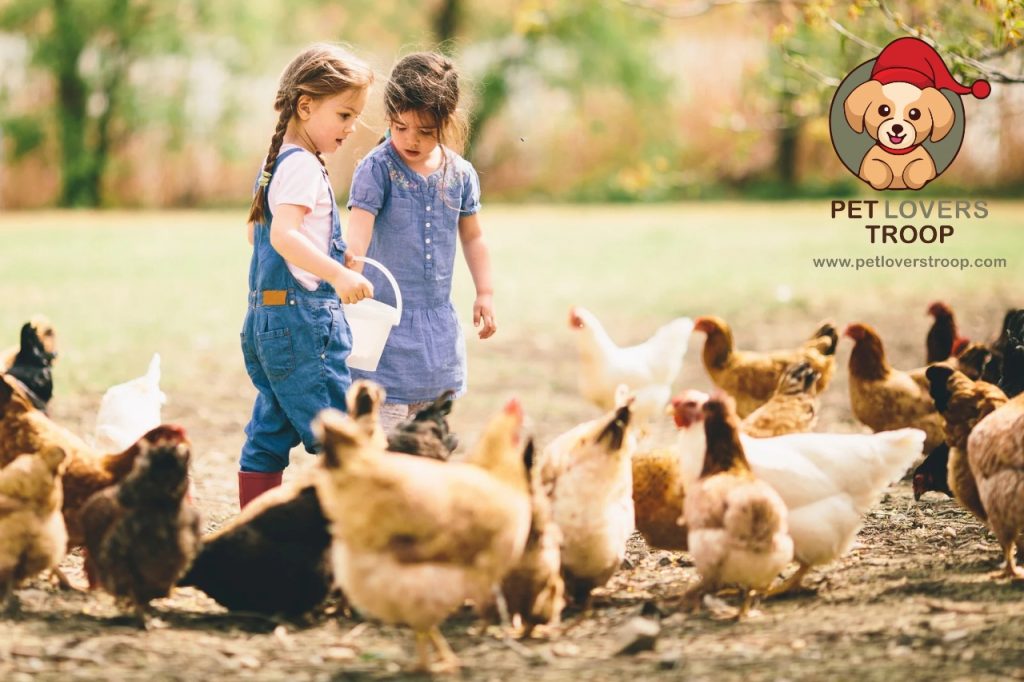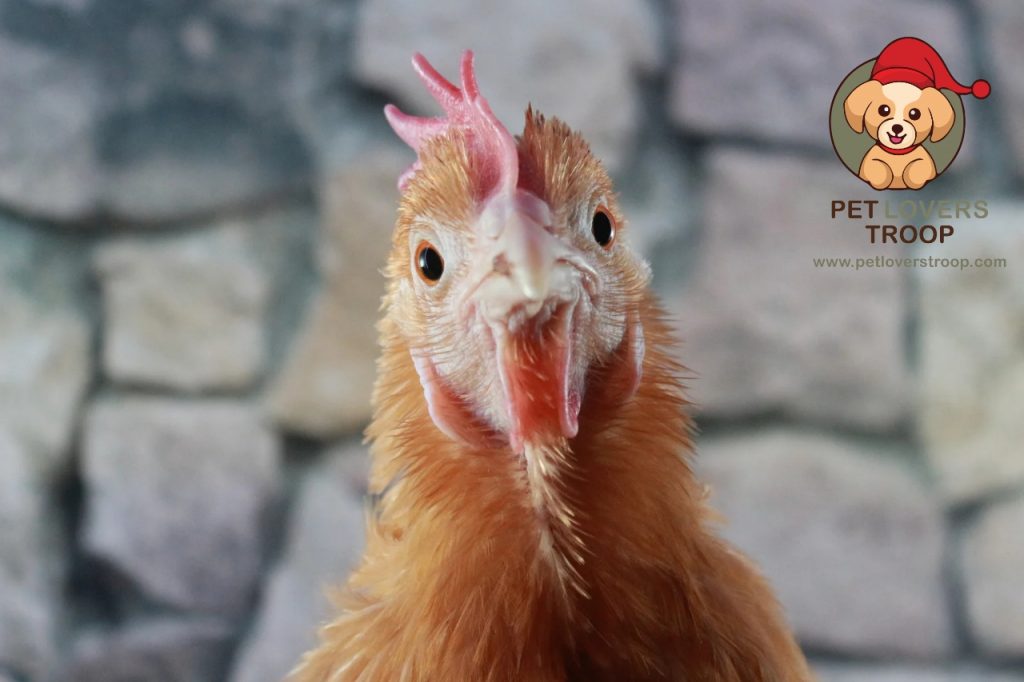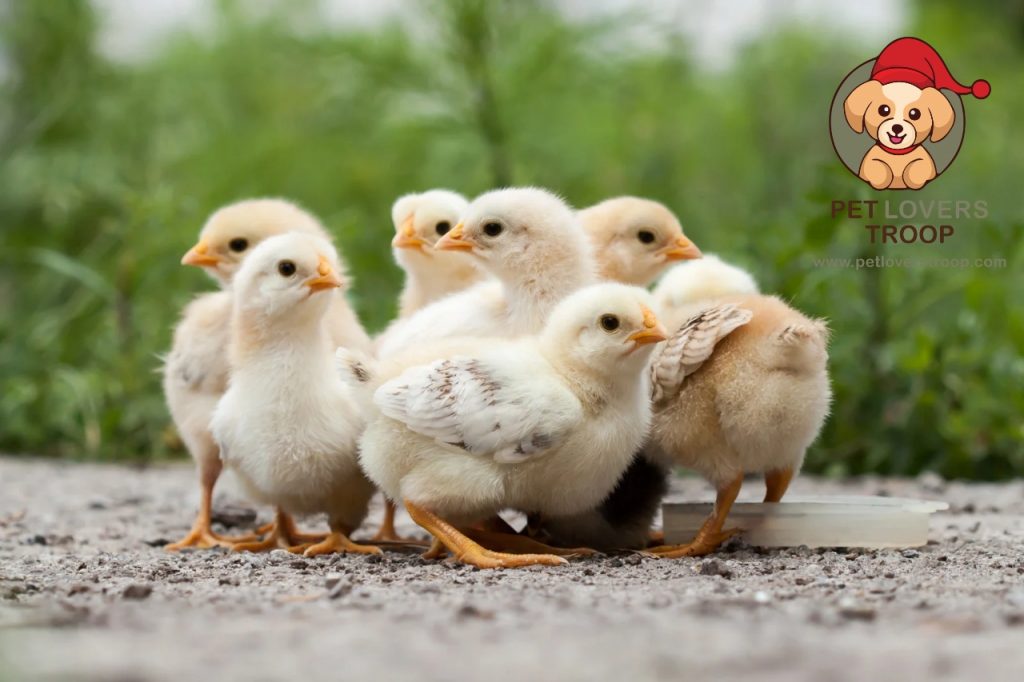Sarah stepped into her backyard with a cup of tea to greet her lively flock. But something felt off. Her usually chatty hen, Daisy, wasn’t scratching the ground or rushing toward the feed. Instead, she stood quietly in a corner, feathers puffed, comb a little pale. Sarah knew right then that this wasn’t just a lazy morning. Something was wrong.
If you’ve ever had chickens, you understand how fast happiness can turn to anxiety. According to the National Institutes of Health, respiratory issues can quickly spread in a flock if not handled in a timely manner. Early detection of chicken health problems can be the difference between rapid recovery and a significant herd-level problem.
Read more: Basic Chicken Care: A Beginner’s Guide to Raising Healthy Hens- July 2025
Common Chicken Health Problems and How to Treat Them
Backyard chickens will get sick from time to time. They can be prone to some diseases such as fungal, bacterial, and viral. Such organisms commonly infect their respiratory and digestive systems. Parasites can also cause illness if not treated early.
Chicken owners must educate themselves before making any big decision. They should do research on how to spot them, and what actions can we do to prevent them. Sometimes, chicken health problems are related to their genetics. It’s good to get chicks from a place that has a good record of healthy chicks.
Read more: Navigating Chicken Product Recalls: Ensuring Safety in Your Kitchen- July 2025
People who want to raise chickens need to know that it isn’t a money making or money saving project. Imagine this activity as a fun and rewarding hobby. This guide will walk you through all the essential chicken health problems and the ways to make them stay healthy and live longer. After all, a healthy chicken is the heartbeat of your backyard coop.

Common Chicken Diseases And Treatments
You might be noticing your chicken is getting weak day by day. They can get different kinds of hazardous chicken health problems. Several factors can contribute to their health issues. Here are some key points to consider,
Respiratory Diseases
Conditions like infectious bronchitis and mycoplasmosis can spread quickly in flocks and cause respiratory symptoms. It often starts with sneezing, watery eyes or faint wheezing sound when the chick breathes.
Treatment
Home remedies include enhancing the flock’s resilience through supplements and maintaining proper ventilation in the coop. Add raw apple cider vinegar to drinking water to improve ventilation You should take action early so that these diseases won’t sweep away the whole flock.
Parasites
Chickens can suffer from internal and external parasites. External parasites such as mites and lice can lead to anemia and itchiness. On the contrary, internal parasites such as roundworms or tapeworms live inside the gut that eat up the nutrients and cause weight loss, diarrhea, or poor egg production.
Treatment
Use diatomaceous earth (DE) in coop bedding and dust baths to kick out external parasites. For internal parasites. Most people need prescription antiparasitic drugs to get rid of intestinal parasites. These drugs work by stopping their growth or killing the parasite or its eggs.
Marek’s Disease
If your chick has developed tumors and has irregularly shaped pupils, typically results in blindness, or develops partial paralysis, it’s likely that they have Marek’s Disease. It’s also contagious since it’s a virus and is transmitted when a chicken breathes in feather dander from another infected bird.
Treatment
If the bird survives, You should remove it from the flock early. While this disease sounds scary, there are vaccines available. Newly hatched birds can be vaccinated to help reduce the occurrence of infection.
Read more: 14 Common Chicken Diseases, Symptoms, Prevention and Treatment
How To Tell If a Chicken Is Sick
Chickens have a weird habit of masking the illness. The trick is to learn the behavioral and physical that signals the trouble.
Behavioral Signs
Behavioral signs are a tough nut to crack. It demands your time and full time concentration. Those signs are:
Lethargy
If they appear lethargic with reduced activity levels and increased time spent resting usually indicates the alarming issue.
Abnormal Vocalization
Unusual clucking, squawking, and changes in vocalization shows pain, distress, or discomfort.
Change in appetite
Eating less, refusing treats, or spending more time near the waterer instead of the feeder.
Physical Signs
Physical signs to notice are like walking in the park.

Ruffled Feathers
Feathers that are disheveled and not sleek can indicate a bird is unwell.
Comb and Wattle Appearance
A healthy comb is bright red. A sick chicken comb may be pale, dark, droopy, or have purple discoloration.
Breathing
Listen for gasping, wheezing, coughing, wheezing, or high pitched noises.
Catching these symptoms early will save you from tremendous issues. Always listen to your instincts. Act immediately before things get too late.
Natural Remedies For Chicken Illnesses
You have read the most common chicken health problems and their related symptoms. Identification of these ailments early on enables the prompt application of natural remedies,
Early identification of diseases like diarrhea, coccidiosis, and respiratory diseases will enable efficient control. Stress natural remedies such as garlic, oregano, cinnamon, and raw apple cider vinegar in the maintenance of chicken health.
Maintain a clean environment and have a healthy diet to avoid chicken health problems. Garlic and Oregano contained herbal supplements support nutritional quality and also act as natural antiparasitic remedies.
Epsom Salts is well known for its healing properties. It is also helpful for chickens that have diarrhea.
Read more: Navigating Chicken Product Recalls: Ensuring Safety in Your Kitchen- July 2025
Signs of Respiratory Infections in Chickens
Clinical signs observed in chickens vary based on whether infection is in the upper respiratory tract or lower respiratory tract. The stage and severity are also essential factors influencing the symptoms faced by affected birds. The challenge is identifying the early signs before the condition turns severe.
Signs that are associated with paper respiratory tract
- Sneezing
- Face swelling
- Discharge
- Yawning
- Stretching neck outward
Signs associated with the Lower Respiratory Tract
- Exercise intolerance
- Abnormal respiratory sounds, such as crackling, ‘honking’, or rales.
- Loss of voice
- Change in vocalization
- Coughing Labored respiration
Read more: How Often Should You Feed Your Dog? Setting the Right Dog Feeding Schedule – June 2025
Preventing Parasites in Backyard Chickens
Parasites are the biggest threat for your coop. From mites and lice that hide in feathers and bedding to worms that live inside the gut, these pests drain your chickens’ energy, lower egg production, and cause serious illness if left unchecked.
Clean coop is your first line of defense. To avoid parasites in backyard chickens, biosecurity has to come first by quarantining new chickens. The coop should be clean and dry so that it is easy to raise feeders and waterers. Reduce contact by managing wild birds, rodents, and bugs.
Read more: LED Dog Collars: Enhancing Nighttime Visibility and Safety for Your Pet- August 2025
For free ranging birds, move runs to fresh land on a regular schedule and cut grass short enough to kill parasite eggs. Supplement their diet with gut health supplements such as garlic or probiotics and conduct regular health examinations, such as fecal testing, to detect infestations early.

Best Supplements for Healthy Chickens
The main source of daily nutrition for your birds should be a well-balanced feed. Feedex (Vitamin Premix for Chicken) is the best supplement for chickens. It is specially developed to provide the maximum nutrition for chickens during their productive life through feeds.
Chickens need different vitamins for immune function, energy metabolism, bone development, and reproduction. The vitamin premix fills this gap to guarantee that birds are given the necessary vitamins to maintain healthy lives.
A typical vitamin premix includes some of the fat soluble and water soluble vitamins:
Vitamin A
Vitamin A is required for good vision health, proper growth, and strong bone-development. It is often called an anti-infection vitamin since it sustains the immune system and aids the body’s disease resistance
Vitamin D
Vitamin D is necessary for the absorption of calcium in a hen’s body. Calcium is needed to make strong eggshells, bones, beaks, and claws. Both calcium and vitamin D must also be paired with phosphorus for proper absorption of all three dietary elements.
Vitamin E
Vitamin E is an antioxidant. Antioxidants protect against free radicals in the cells of the body. Free radicals cause diseases like heart disease and cancer. It is needed for a healthy immune system and reproductive health.
Vitamin K
Vitamin K is required for proper blood clotting. If your chicken is injured, the blood needs to clot immediately so that minimal blood loss occurs. Vitamin K occurs naturally in leafy vegetables.
Folic Acid
Folic acid assists in DNA development and cell division.
Vitamin C
Vitamin C can trigger immune response and assist with stress resistance.
Read more: Nail Trimming for Pets: How to Safely Trim Your Pet’s Nails at Home-August 2025
Chicken First Aid Kit Essentials
Every flock owner needs a chicken first aid kit. Accidents and sudden illness do not provide warning. Essentials include electrolytes for sick birds. Wound spray or antiseptic for cuts and bandages for injuries. They need gloves with scissors for careful handling.
Keep syringes or droppers available to give fluids to birds that won’t drink by themselves. Epsom salts and vet wrap are useful added items. Keeping them on hand won’t replace a vet, but it lets you act swiftly, generally the difference between saving your chicken’s life.
Read more: Preventing Common Reptile Health Issues: Tips for Healthy Pets
Conclusion
Keeping chickens is the most satisfying homestead endeavor but it does require responsibility. Chicken health problems can strike at any moment. By preventative measures and a stocked first aid kit, most chicken health problems can be addressed before they become epidemics.
Early detection is your friend. Changes in behavior or physical appearance usually point to something larger. Being proactive and well informed will safeguard your flock. It will make your hens healthier and longer lived residents in your backyard.

